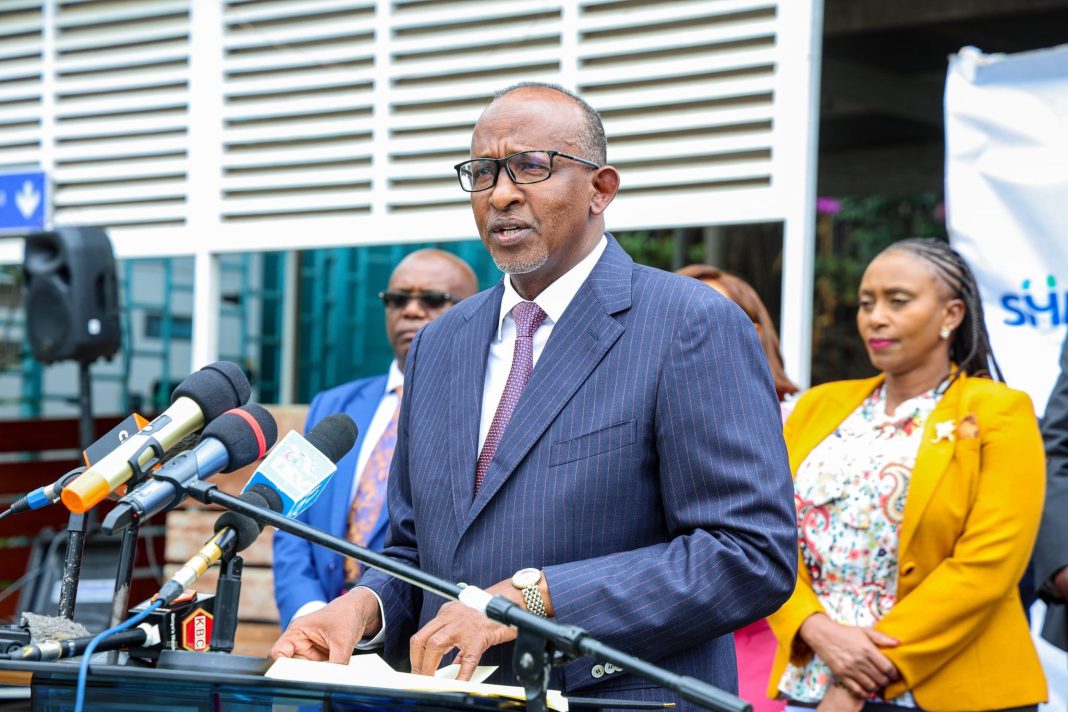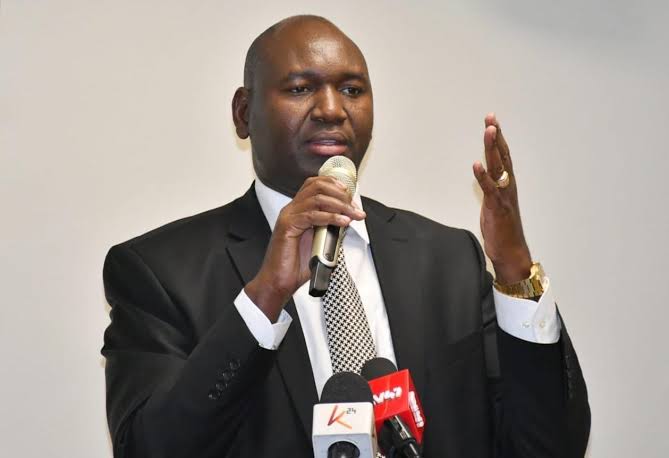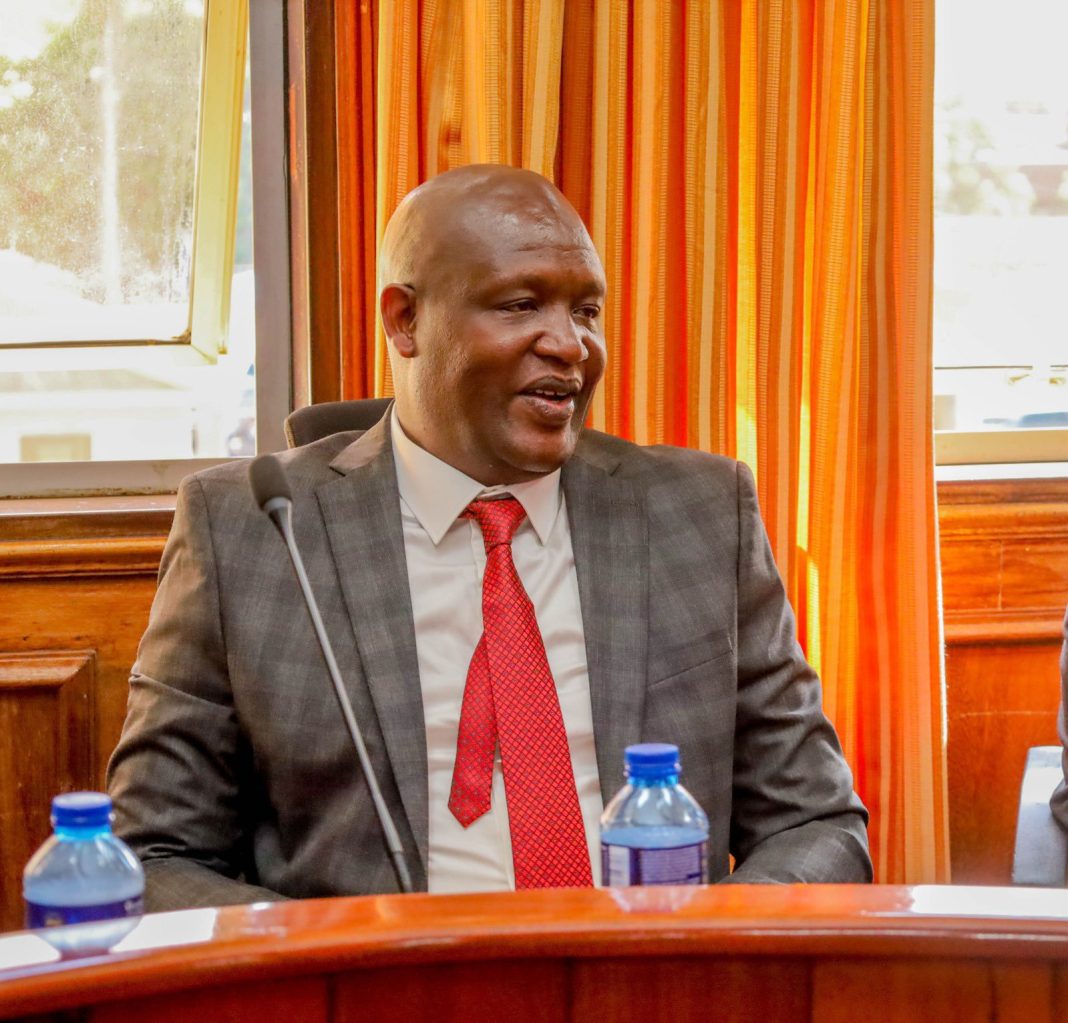The Kenya Medical Practitioners and Dentists Council (KMPDC) has closed 158 health facilities in Nairobi following a large-scale inspection targeting compliance with licensing and safety regulations.
In a statement on Thursday, August 28, the council confirmed that most of the affected facilities were either unregistered, unlicensed, or operating below required medical standards. Some were found to be employing unqualified practitioners.
“KMPDC, in collaboration with health regulatory bodies and county governments, has intensified inspections of health facilities to enforce the Inspections and Licensing Rules, 2022. This is aimed at enhancing patient safety, deterring unethical practices, and ensuring quality healthcare delivery,” the council stated.
The inspection covered 288 facilities in total. Out of these, 158 were closed, 28 downgraded, while 105 were allowed to continue operating at their current level.
According to KMPDC, several of the shut-down facilities lacked essential infrastructure such as maternity wings, pharmacies, and laboratories. Others were cited for poor sanitation, including inadequate waste disposal, which posed serious risks to patients.
The closures were made under the Medical Practitioners and Dentists Act (CAP 253), which requires facilities to undergo routine inspections and annual license renewals. Non-compliant hospitals risk suspension or permanent closure.
To guide the public, KMPDC announced that the names of all flagged health facilities will be published to encourage patients to seek care only from compliant institutions.
“This information has also been shared with relevant authorities, including county governments, the Social Health Authority, the National Government Administration Office, and the Digital Health Authority, to ensure continued compliance,” KMPDC said.
The crackdown comes at a time of heightened scrutiny in Kenya’s health sector, amid revelations of misuse of funds allocated to the Social Health Authority (SHA). Billions of shillings are alleged to have been diverted to non-existent facilities and hospitals with conflicting ownership.
Earlier this week, Health Cabinet Secretary Aden Duale acknowledged the growing challenge of healthcare fraud, noting that globally, up to 15 percent of health sector spending is lost to fraudulent practices. Locally, the Association of Kenya Insurers (AKI) estimates that 30 percent of medical payouts are linked to fraud.
In June, SHA suspended 40 facilities after forensic audits and flagged another 45 for possible degazettement over fraudulent activities.







笑赚网:边看笑话边赚钱,八级提成,收入无上限!更有价值万元两性、把妹、奇门等资源下载。网址:1199.pw
我来看看是咋么回事
8nniac
fi1qq2
b4a990